Latest Posts
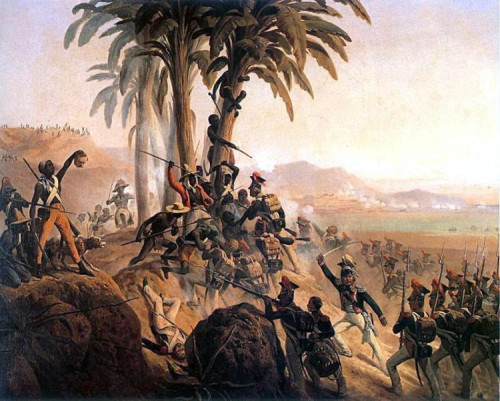
dsr/Djeser [Kush/Kemet: To Free, Separate, Dissociate, Delink]: The socio-cultural, political-economic disengagement, delinking, and extrication of the neocolonial nation-states of the rmt/Remetch [Kush/Kemet: Autochthonous Humanity i.e., the Blacks-Afrikans] from the Eurasian derived and controlled international political economic structures with all deliberate speed.This is conducted simultaneously with the strategic engagement, association of all sectors of the national economies of the neocolonial nation-states of the rmt/ Remetch [Kush/Kemet: Autochthonous Humanity i.e., the Blacks-Afrikans] with one another. The immediate sḫrw/Skheru [Kush/Kemet: Public Policy] areas to be addressed
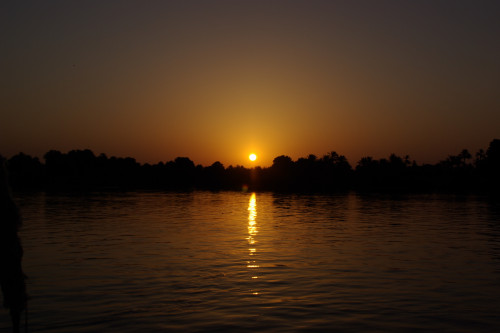
Revolutionary liberatory knowledge which systematically delineates the process of Transformative Systemic Change does not result from the ‘Research Methodology’ of Western elementary, secondary and tertiary academia. To call Western-style schooling at any of its three levels ‘education’ is a gross misnomer. Therefore, no Western discipline or institution such as ‘Economics’ replete with its values, norms, mores, vocabulary, premises, propositions, assumptions, beliefs, and specialized language will ever be the basis of global rmt/Remetch [Kush/Kemet: Autochthonous Humanity, the Blacks-Afrikans] strategies of wḥꜥ/Uha [Kush/Kemet: To set free, Liberate, ‘Liberation’]! Nothing of the imperial c
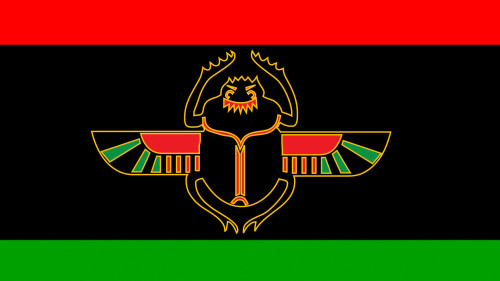
The neocolonial national economy as a part of the thw/Tehu [Kush/Kemet: “Invaders,” proto-Indo-Europeans, Eurasians] designed and controlled Global Economy along with the Eurocentric disciplines of ‘Political Economy,’ ‘International Political Economy,’ ‘International Business,’ ‘International Trade,’ ‘Economics’ etc. are the binding chains of the continued six centuries long systematic enslavement and sps/Sepes [Kush/Kemet: To Dominate, ‘Domination’] of global rmt/Remetch [Kush/Kemet: Autochthonous Humanity, the Blacks-Afrikans]. This is the case regardless of the political or religious persuasion of global rmt/Remetch [Kush/Kemet: Autochthonous Humanity, the Blacks-Afrikans]. No matter wh

What is today known globally as ‘Economics’ is a Eurocentric academic discipline that is an outgrowth of thw/Tehu [Kush/Kemet: “Invaders,” proto-Indo-Europeans, Eurasians] global imperialism over the last six centuries and as such, perpetuates the continued military, religious, political and economic sps/Sepes [Kush/Kemet: To Dominate, ‘Domination’] of global rmt/Remetch [Kush/Kemet: Autochthonous Humanity, the Blacks-Afrikans] by the elites of the thw/Tehu [Kush/Kemet: “Invaders,” proto-Indo-Europeans, Eurasians] imperialist nation-states in international political economy. An international political economy which is itself little more than the organized infrastructure for the same thw/Te
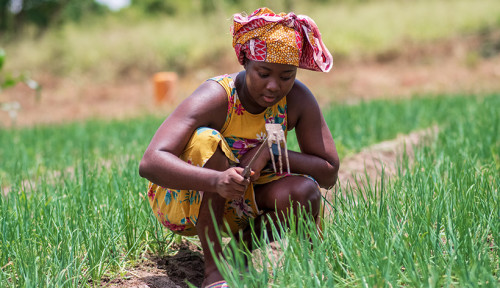
"Wakati wa kufikiria mwaka mapema, panda mbegu katika mashamba yako. Unapofikiria miaka kumi mapema, panda miti kwenye shamba lako. Unapofikiria karne moja mapema, waelimishe watu wa taifa. Kwa kupanda mbegu, utavuna mara moja. Kwa kupanda miti, utavuna mara kumi. Kwa kuwaelimisha watu mtavuna mara mia kwa vizazi vijavyo.”
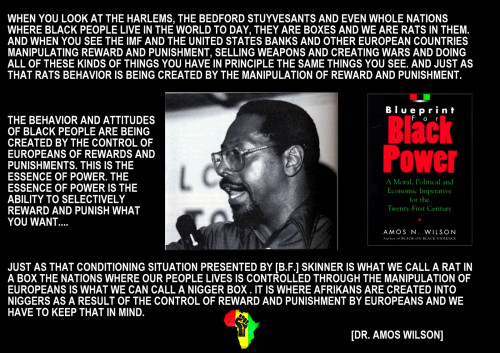
These people have lurched the world from one political-environmental crisis to the next, watering the soils of the earth with deadly chemicals and the blood of malnourished billions. The mathematical pattern of their actions on every continent is set as historical precedent over six centuries. There is nothing to debate or discuss. They must be removed from power, eradicated from the face of the earth.

Households and local village communities as a matter of political and economic public policy must be self-sufficient in the production of food supplies and most other household necessities.
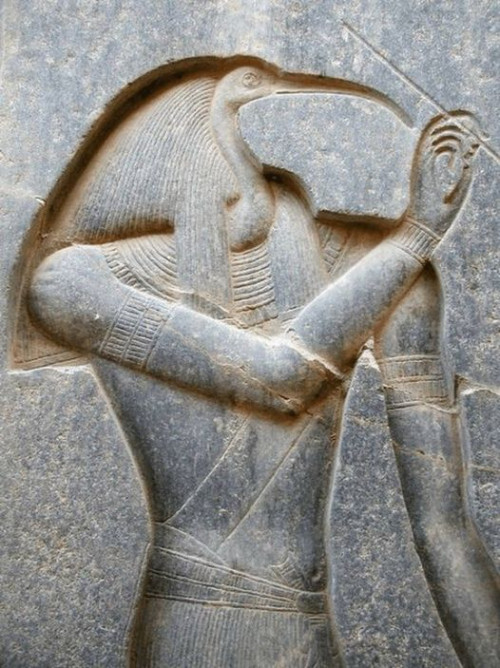
We see the quality of your school and university training, your degrees, your graduates, your scholars and you politicians in the political-economic state of your communities, your countries.
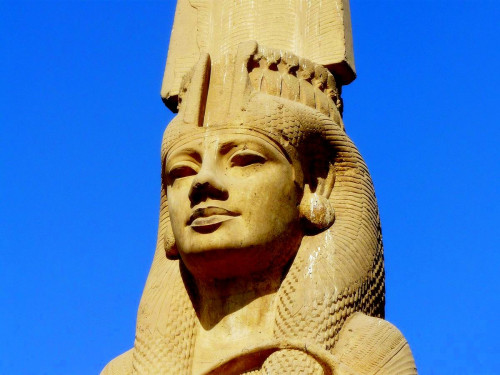
sbA kmtyw - "Towards Pan-Afrikan Economics" with Ambakisye Dukuzumurenyi, Ph.D. will be a weekly one-hour podcast | video that discusses and analyzes pertinent economic news of continental Afrika and the Afrikan Diaspora from a Pan-Afrikan perspective as seen through the lens of Maat in the spirit of Martin Delany, Edward Wilmot Blyden, Henry Sylvester Williams, Marcus Garvey, W. E. B. Dubois, Kwame Nkrumah, Ahmed Sekou Toure, Patrice Lumumba, Julius Nyerere, Malcolm X, Frantz Fanon, Walter Rodney, Amilcar Cabral, Thomas Sankara and Cheikh Anta Diop.Topics discussed will include but will not be limited to national economic self-reliance, wages, employment and unemployment, entrepreneurship,
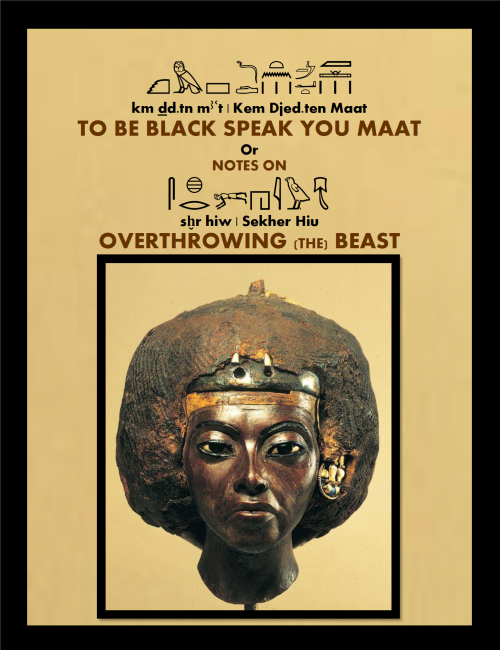
The Present Political-Economic Crisis of Global Afrikans
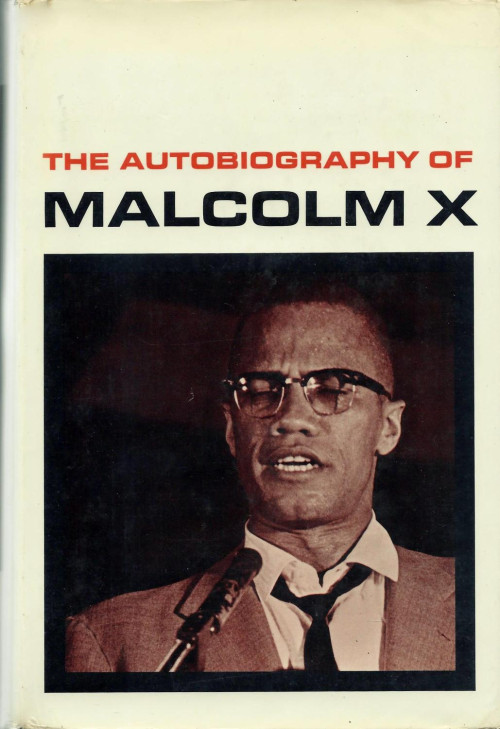
“The mirror reflected Shorty behind me. We both were grinning and sweating. And on top of my head was this thick, smooth sheen of shining red hair-real red-as straight as any white man's.How ridiculous I was! Stupid enough to stand there simply lost in admiration of my hair now looking “white,” reflected in the mirror in Shorty's room. I vowed that I'd never again be without a conk, and I never was for many years.This was my first really big step toward self-degradation: when I endured all of that pain, literally burning my flesh to have it look like a white man's hair. I had joined that multitude of Negro men and women in America who are brainwashed into believing that the black people are
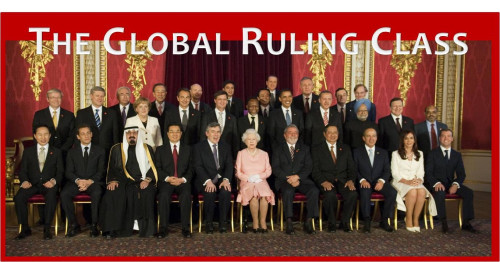
"There is a transnational ruling class, a "Superclass", that agrees on establishing a world government. The middle class is targeted for elimination, because most of the world has no middle class, and to fully integrate and internationalize a middle class, would require industrialization and development in Africa, and certain places in Asia and Latin America. The goal of the Superclass is not to lose their wealth and power to a transnational middle class, but rather to extinguish the notion of a middle class, and transnationalize a lower, uneducated, labor oriented class, through which they will secure ultimate wealth and power.The global economic crisis serves these ends, as whatever remain
Posts Categories
Politics (24)
Religion (1)
Economics (15)
Philosophy (2)
Spirituality (1)
Education (2)
Books (16)
Quotes (1)
